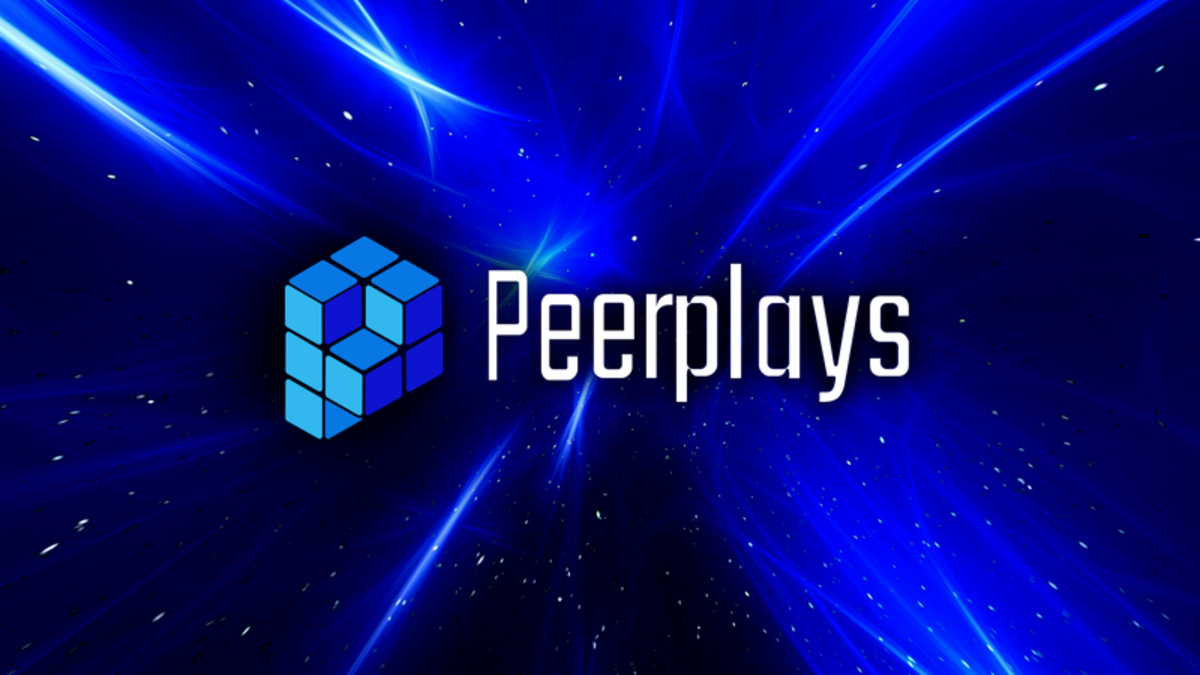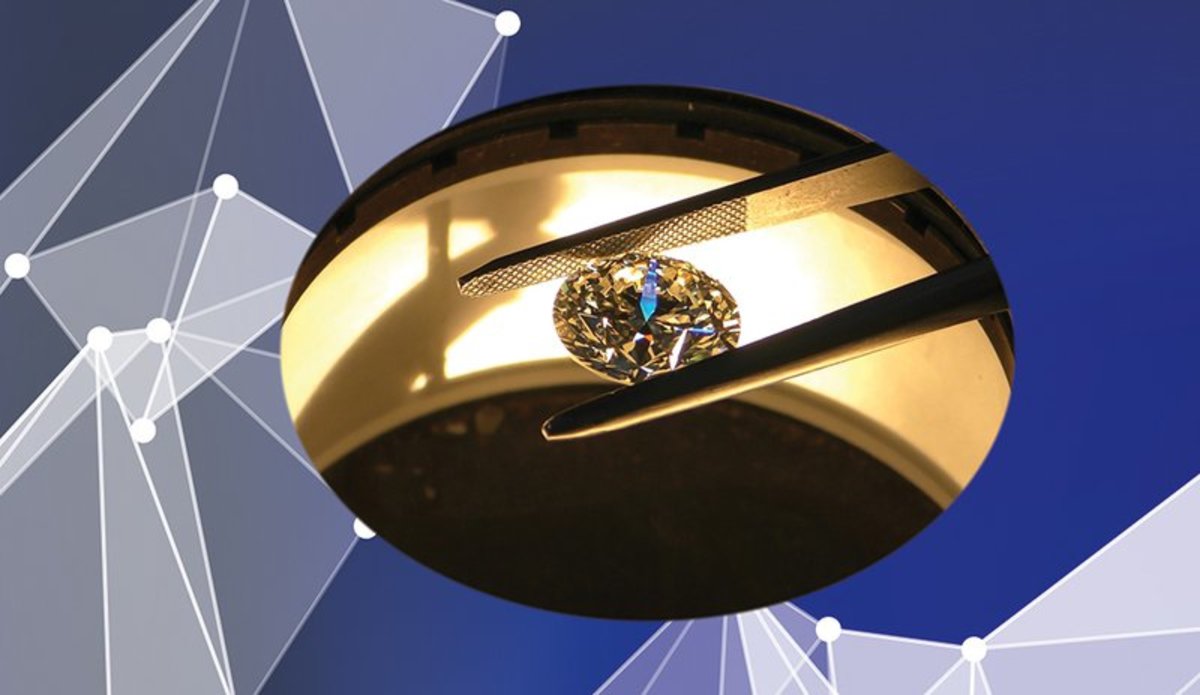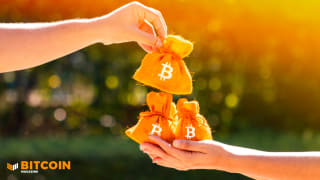
Online gambling is massive in its worldwide scope, with a market value in the billions.
The online gambling industry has constantly struggled with accusations of fraud and cheating by players as well as business managers. In the U.S. alone, dozens of online gaming sites have either gone bankrupt or have been shut down by authorities since 2011. User deposits now numbering in the millions of dollars have yet to be returned to players.
Nevertheless, interest is growing and players have few options but to continue risking their funds by depositing them into traditional centralized portals. Demands for privacy, fairness and free accessibility have set the stage for a new breed of provably-fair, blockchain-based gambling solutions to emerge.
Gaming the System
Enter Peerplays, a global, peer-to-peer gambling platform set to launch May 30, 2017, that leverages blockchain technology and addresses many of the problems that plague the industry. Anyone with an internet connection and some bitcoin will soon be able to plug-in to Peerplays by using one of the many decentralized applications or “dapps” scheduled for release from mid-2017 onwards. Users can then bet with bitcoins and other digital currencies on sporting events, casino games, instant lotteries and online tournaments from anywhere in the world.
Jonathan Baha’i, president of the Peerplays Blockchain Standards Association (PBSA) and the co-founder of Peerplays, said the idea began in early 2016 when he and fellow co-founder Michael Maloney were studying an advanced blockchain consensus protocol called Graphene.
“After almost a year of working out Graphene’s potential, we began looking at creating a game that would run completely on the blockchain and in real time. We knew this was a major challenge because it meant that game moves would need to be verified and validated almost instantaneously. After consulting with several Graphene experts, we began to build a prototype of the game Rock-Paper-Scissors, and we ended up with a huge breakthrough. We immediately began to look into how this tech could be applied to the wider gambling industry.”
As conversations between Baha’i and Maloney advanced, it wasn’t long before they began working on Peerplays in earnest, literally quitting their day jobs and committing their weeks and months to planning how a blockchain entirely dedicated to gambling could be created. In May of 2016 they launched a Peerplays presale, successfully raising $500,000 in digital currency such as bitcoin to fund the development of the Rock-Paper-Scissors game.
Rewarding Holders
In July of 2016, the Peerplays development team publicly released the software code for another first of its kind blockchain feature, which they dubbed “Profit-Sharing.” It made use of smart-contract technologies to distribute part of every jackpot (called the “rake fee”) paid by players back to the holders of the blockchain core token. In this case, it would be applied to the core token of the Peerplays blockchain, which is called “PPY.”
The Peerplays blockchain launches on May 30. Anyone holding PPY tokens in their digital wallet will receive a portion of all fees and commissions (profits) earned by the Peerplays blockchain at regular intervals, just for holding said token. This radical new value proposition, dubbed “passive accumulation,” is talked about by supporters as the first “dividend-paying” digital currency ever designed.
“PPY is unique in many ways”, said Michael Maloney, the director of intelligence at PBSA, “and profit-sharing is only one of them. The PPY token also allows its holders to vote on issues that affect the maintenance and governance of the network. Since Peerplays is not owned by any single company or organization, its token holders are in charge. This type of organizational model is called a Decentralized Autonomous Cooperative, or ‘DAC’.”
In October 2016, the Peerplays development team completed the Rock-Paper-Scissors prototype and released it on a public test net. With this innovation, anyone in the world could now wager and play a game of Rock-Paper-Scissors in a real-time, peer-to-peer environment, and be guaranteed a fair resolution and payout. A radically new blockchain system, where players never have to worry about being hacked, cheated or having their personal information compromised, was now possible.
In December of 2016, Baha’i and Maloney founded PBSA, a Canadian non-profit company which is currently engaged in a crowdfunding campaign to raise an additional $9 million to fund further development and promotion of the platform.
Maloney went on to describe the Peerplays project as having the potential to compress the entire gaming industry into a single blockchain. He talked about how the blockchain opens up opportunities for anyone who has an internet connection, giving Peerplays users the ability to wager on their favorite sporting events or buy a lottery ticket from anywhere in the world.
“A few billion new people will now have the ability to sit in their living room and bet on their favorite sporting team,” Maloney said. “We’re really excited to help bring this kind of freedom of choice to people.”
The Peerplays core wallet was released on April 7, 2017 as a public test net on www.peerplays.com.
Other Peerplays dapps currently under development include a sports betting exchange, an instant lottery and a multi-purpose casino gaming application.










